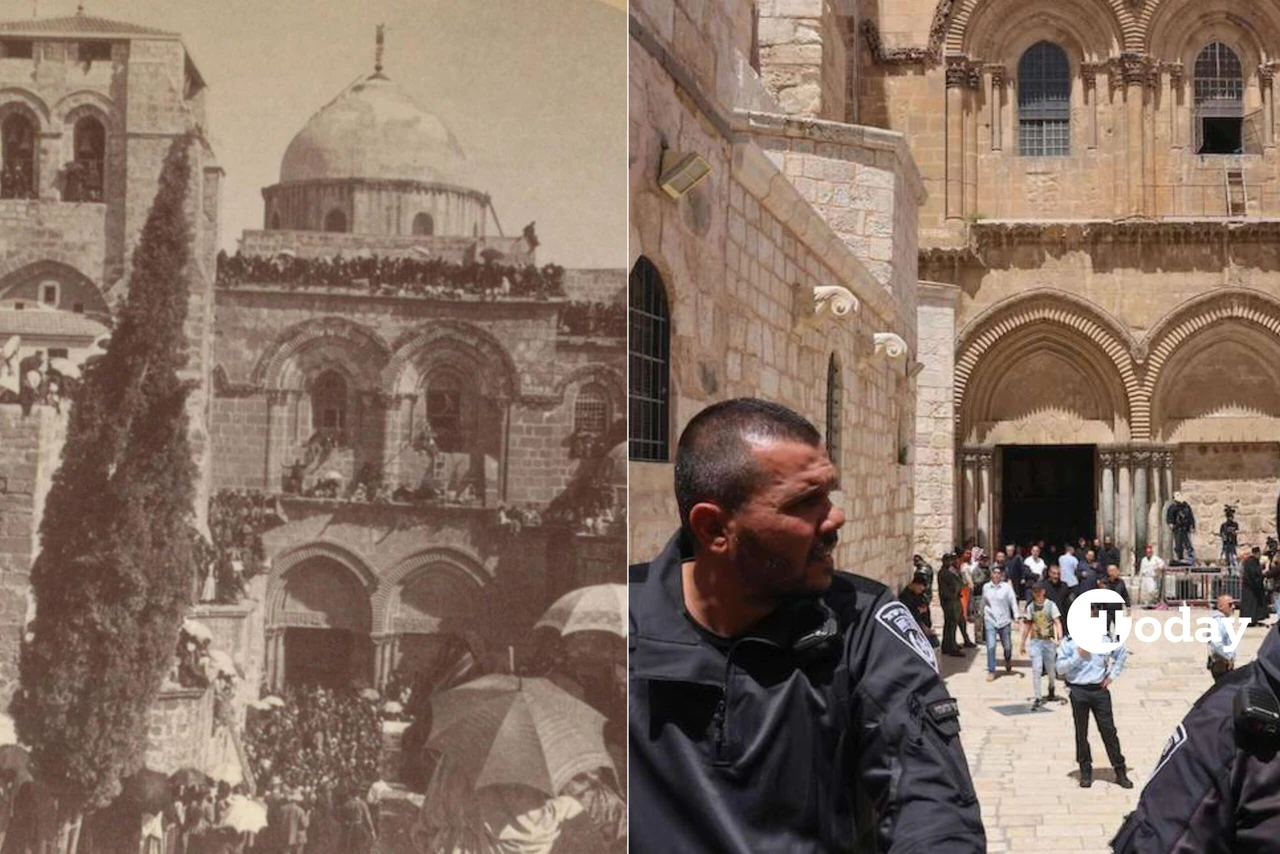Israel begins partial withdrawal from southern Lebanon
 Israeli army forces patrol in the village of Kfarshuba in southern Lebanon on February 17, 2025. (AFP Photo)
Israeli army forces patrol in the village of Kfarshuba in southern Lebanon on February 17, 2025. (AFP Photo)
The Israeli military has begun withdrawing from most of its occupied positions in southern Lebanon, with the exception of five strategic locations, Israeli media reported on Tuesday.
According to Israel’s state broadcaster KAN, Israeli forces will continue to maintain a presence at five key outposts to prevent Hezbollah from resuming operations in the area.
The withdrawal comes as Israel’s deadline to leave the region, set under a cease-fire agreement with Hezbollah, officially expires. Israel’s army is pulling out of Lebanon border villages and holds five positions, according to Lebanon security sources.
“The Israeli army has withdrawn from all border villages except for five points, while the Lebanese army is gradually deploying due to the presence of explosives in some areas and damage to the roads,” the source, who spoke on condition of anonymity, told media.
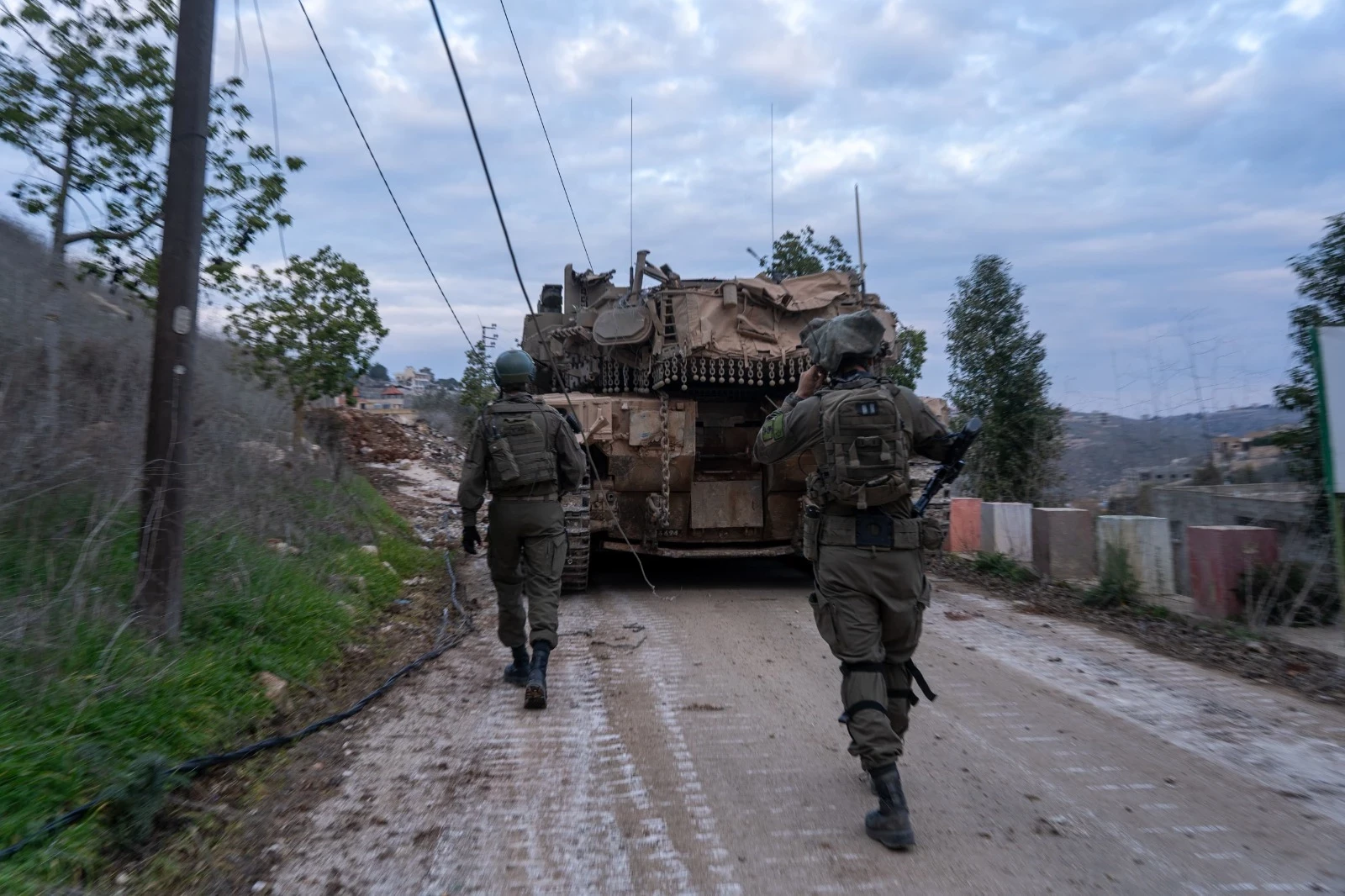
Israel to continue presence in 5 locations
Despite the broader withdrawal, Israeli forces will remain stationed at Hamamis Hill, Aziyye Hill, Uwayda Hill, Balat Mountain, and Labbune Hill. According to Israeli military officials, these positions are essential for maintaining security and monitoring potential Hezbollah activity.
The Israeli Northern Command stated that during their two-and-a-half-month presence in southern Lebanon, troops conducted extensive searches, entered nearly all structures along the frontline, and destroyed weapons caches they discovered.
In a statement, the Israeli military confirmed that troops will stay at these five locations “indefinitely” to ensure Hezbollah does not regain a foothold south of the Litani River.
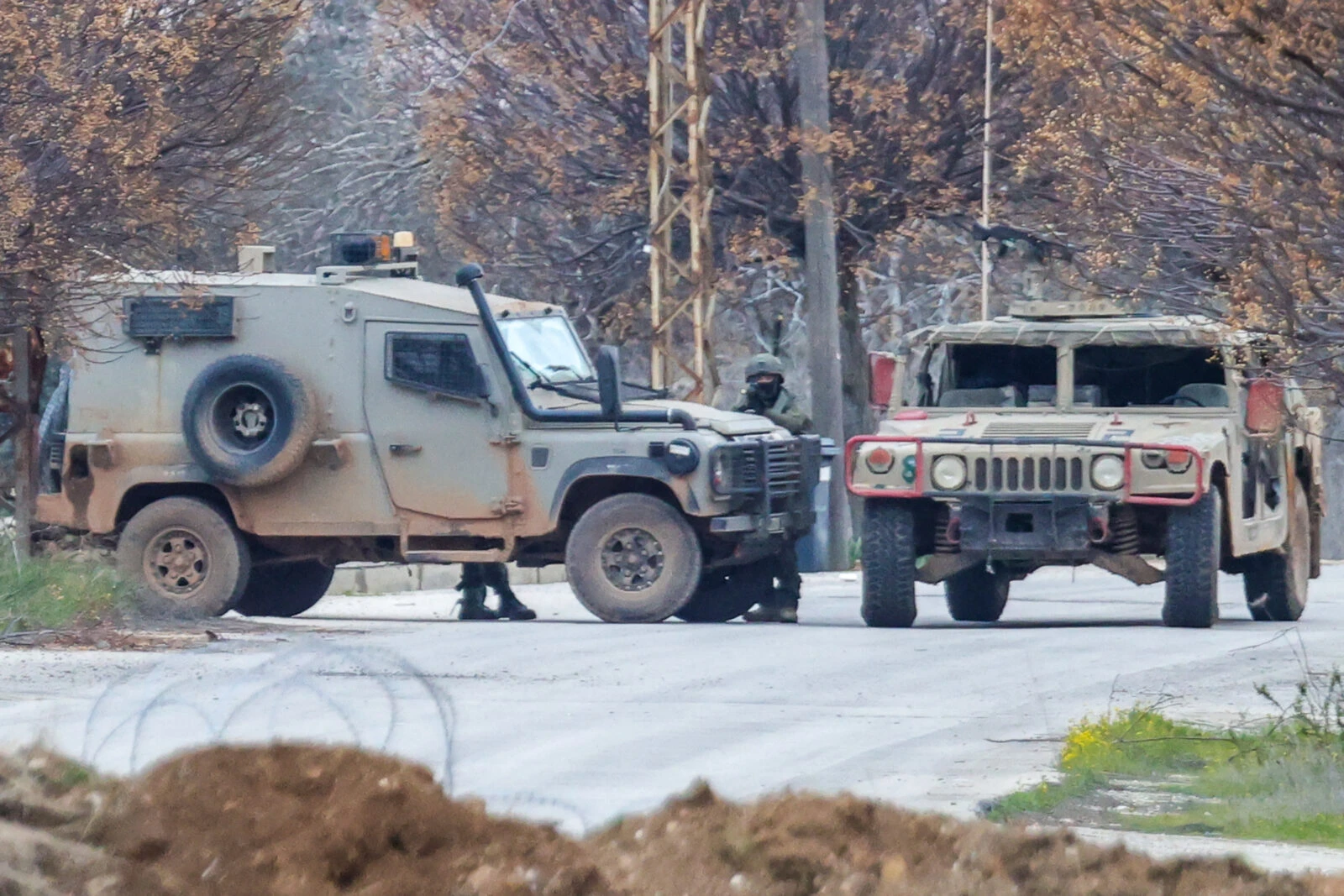
Border security measures and Lebanese Army’s role
Israeli military sources also reported that additional forward posts are being built on the Israeli side of the border, positioned in front of key Israeli settlements.
Many of these structures have already been completed.
Meanwhile, senior Israeli military officials noted that the Lebanese army is assuming more responsibility in southern Lebanon. Lebanese security forces have begun deploying in areas vacated by Israeli troops, marking a shift in regional control.
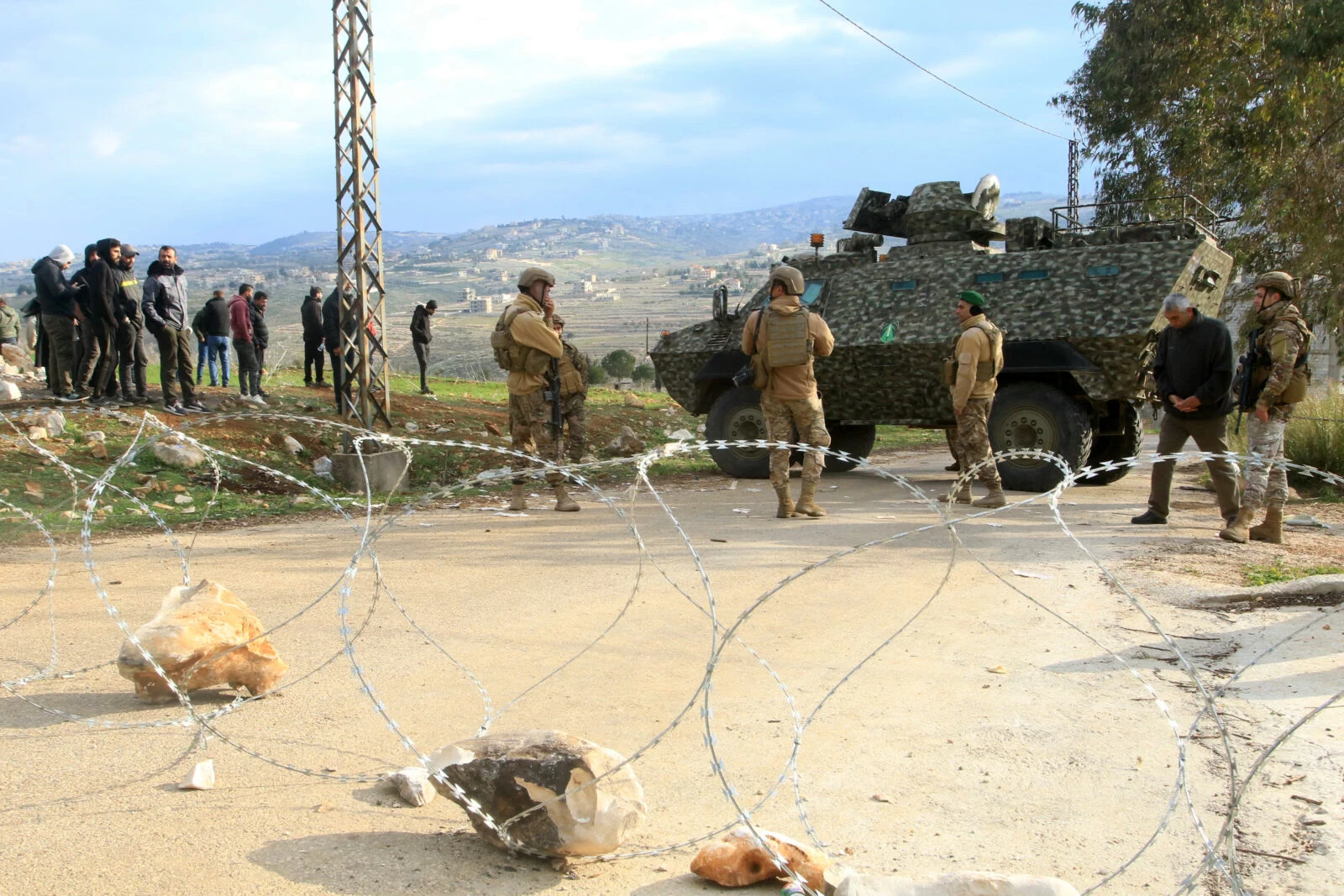
Deadline and extended withdrawal timeline
Under the U.S.-brokered cease-fire agreement signed on Nov. 27, 2024, Israeli forces were originally given 60 days to withdraw from southern Lebanon. However, citing concerns over Hezbollah’s continued presence, Israel extended the withdrawal timeline to Feb. 18.
Despite this delay, Israeli forces have now started retreating from several villages along the border, including Mais al-Jabal and Blida, as the Lebanese army advances into these areas.
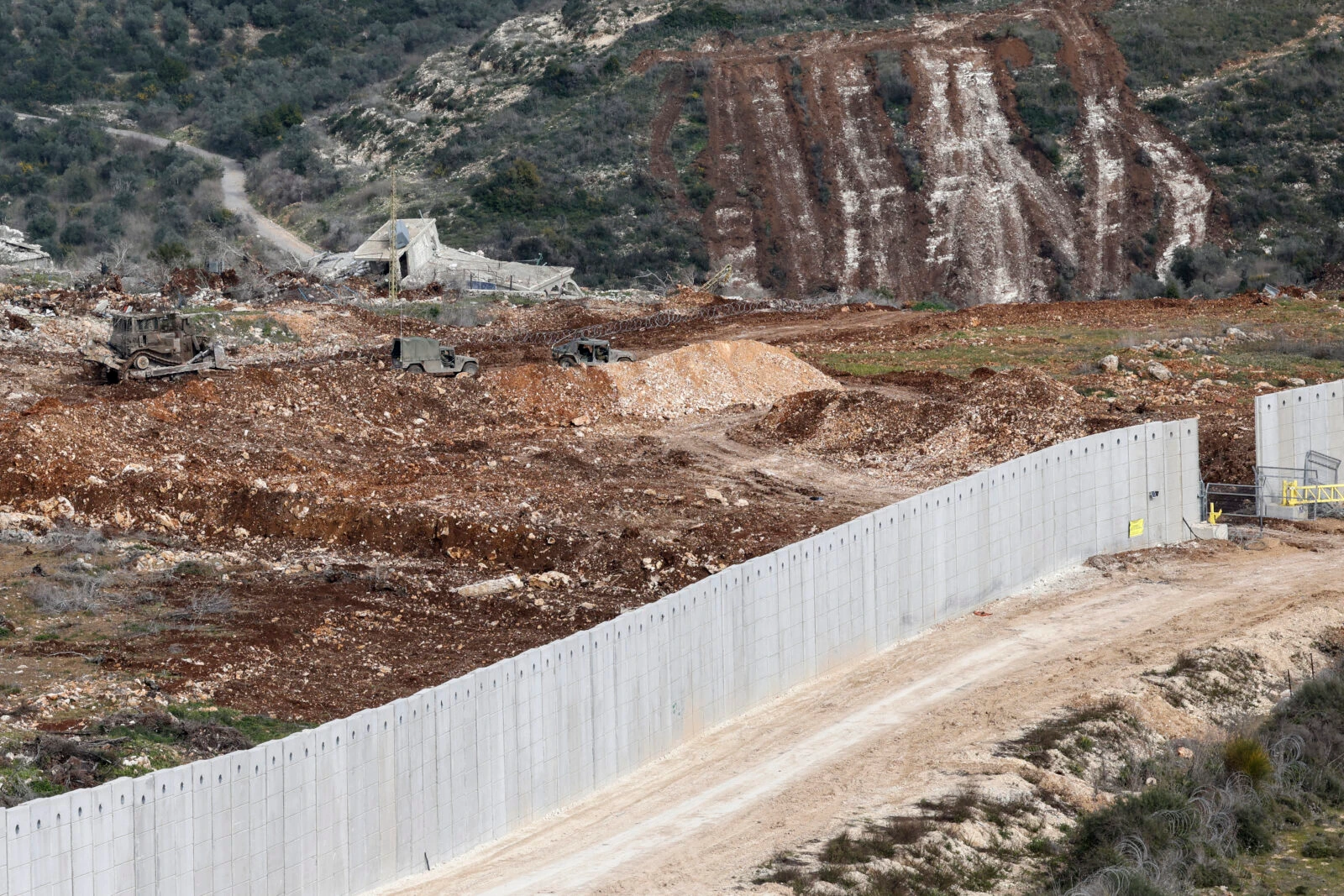
Regional and international reactions
The United States has allowed Israel to maintain a presence at five strategic locations, a decision that has sparked debate within Lebanon.
Lebanese authorities have called for a full Israeli withdrawal and have urged international mediators to ensure that Israel complies with the ceasefire terms.
Meanwhile, Israeli officials insist that continued troop presence is necessary to secure the northern border. Prime Minister Benjamin Netanyahu recently stated, “Israel will take all necessary measures to enforce the cease-fire and prevent Hezbollah from rearming.”
The ongoing situation has left thousands of Lebanese civilians displaced due to destruction caused by airstrikes and ground operations.
According to the Lebanese Health Ministry, at least 79 people have died and 267 have been injured in Israeli attacks since the ceasefire agreement was reached.


